"In Gaza, Israeli strikes leave a new generation of Palestinian children distressed and affected by despair"
Sama Tubail, just eight years old, gazes at her reflection, her eyes brimming with tears. "I just wish I had one strand of hair to comb with my brush," she tells CNN, her tiny hands clasped together. Her home, once filled with laughter and life in northern Gaza's Jabalya, is now a distant memory, replaced by the harsh realities of displacement.
Since October 7, 2023, when Israeli military orders forced her family to flee their home, Sama has been among the estimated 1.9 million Palestinians displaced. Her journey has taken her from the southern Rafah region to a displacement camp in Khan Younis.
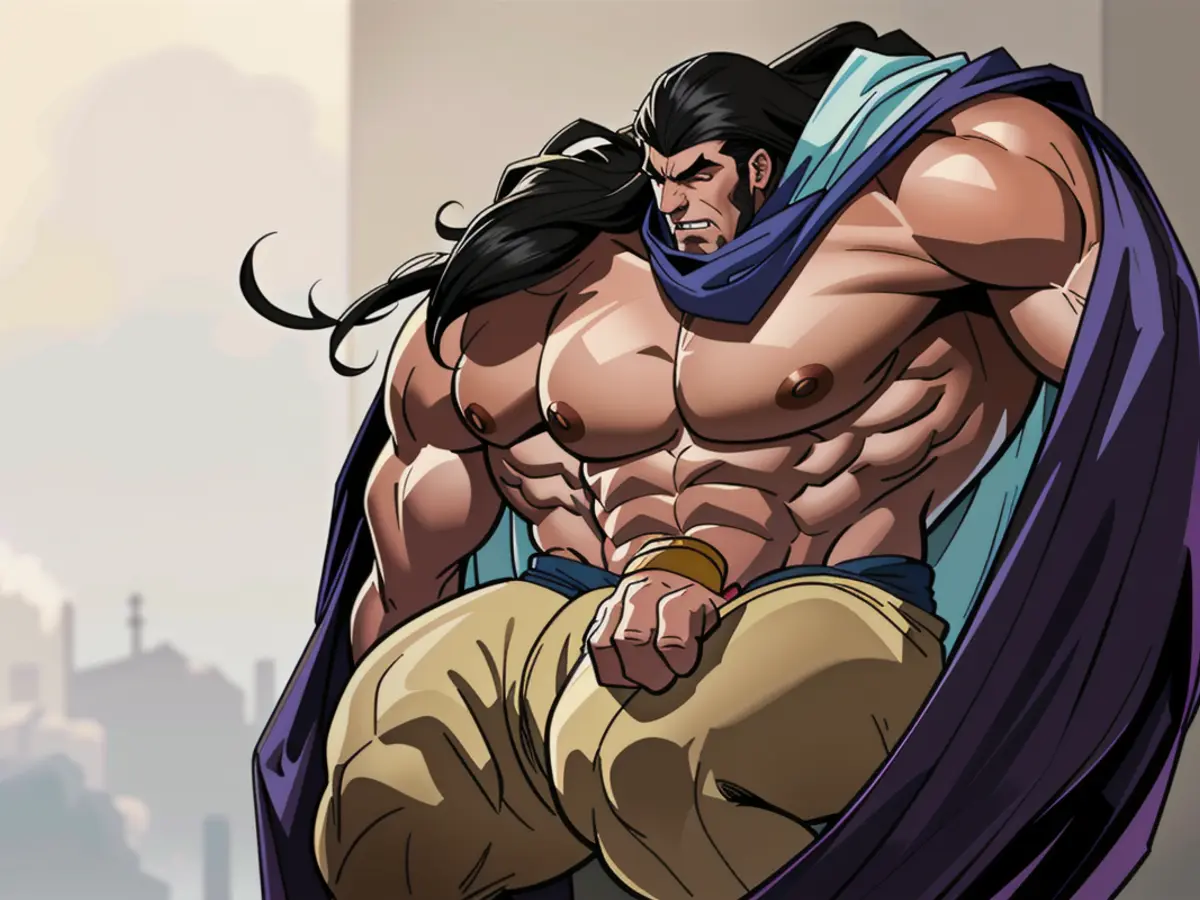
The Israeli military's attack on Gaza, launched after Hamas-led militants attacked southern Israel, has devastated the region. According to Israeli authorities, over 1,200 people were killed, mostly civilians, and more than 250 were kidnapped. Gaza's health ministry reports that the offensive has killed over 48,000 Palestinians, most of them women and children.
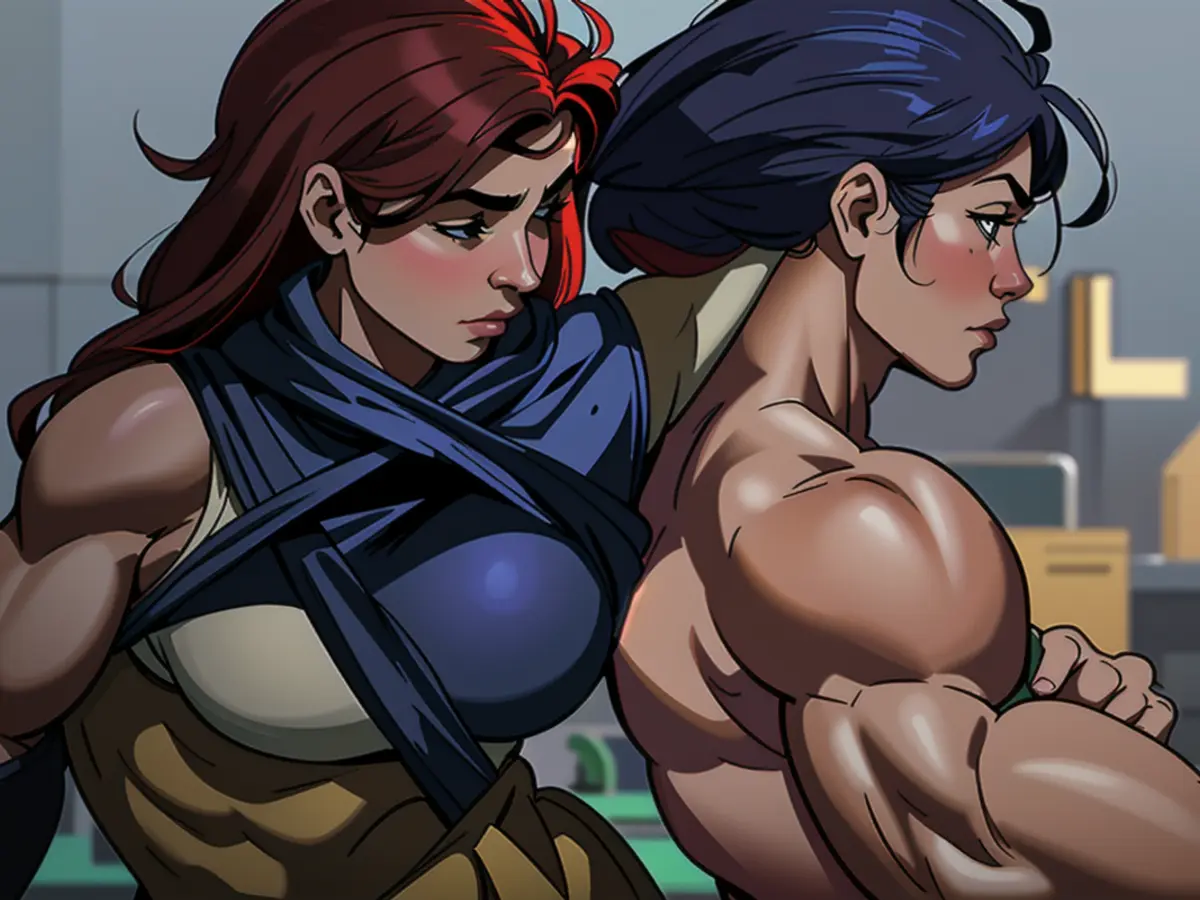
UNICEF estimates that nearly all of Gaza's 1.2 million children need psychological support, especially those exposed to repeated traumatic events. In a report last June, they warned that "a generation has been traumatized."
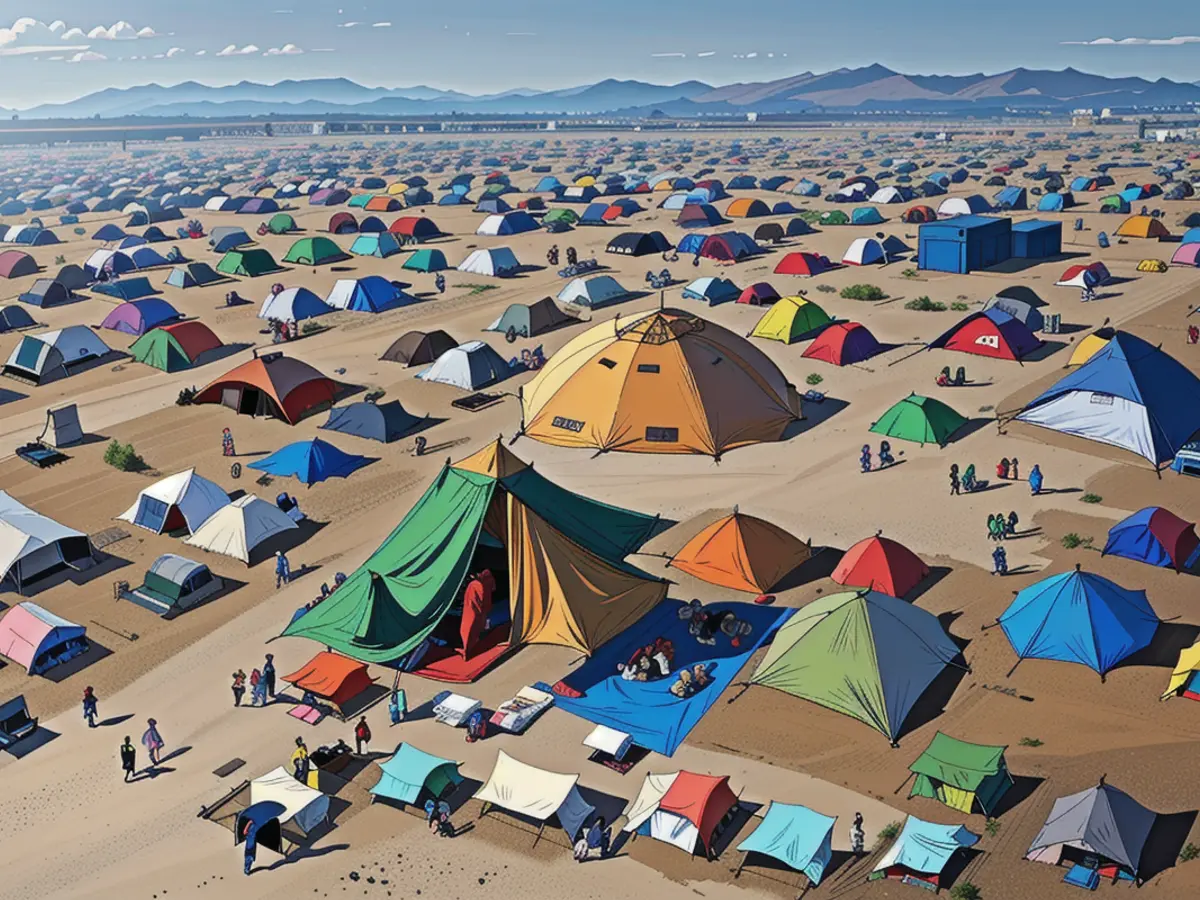
Sama's hair loss, diagnosed as a result of "nervous shock," was triggered by a neighbor's house being hit by an Israeli airstrike in August 2023. The ensuing alopecia intensified when Sama was bullied by other children due to her hair loss.
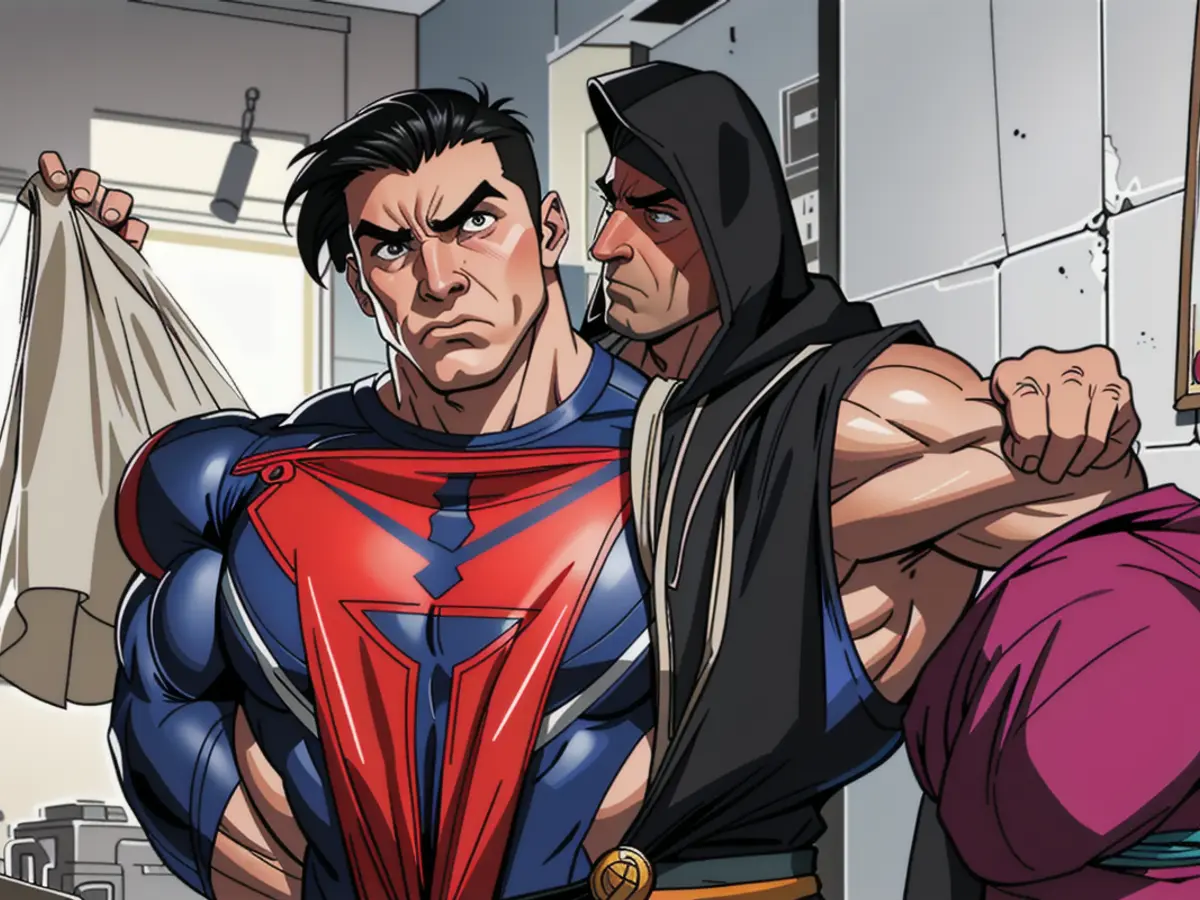
Last year, a report by the War Child Alliance and Gaza-based Community Training Centre for Crisis Management revealed the severe psychological toll on children due to Israel's onslaught in Gaza. The report found that 96% of children in vulnerable circumstances felt that death was imminent, and nearly half - 49% - had expressed a wish to die due to the Israeli assault.
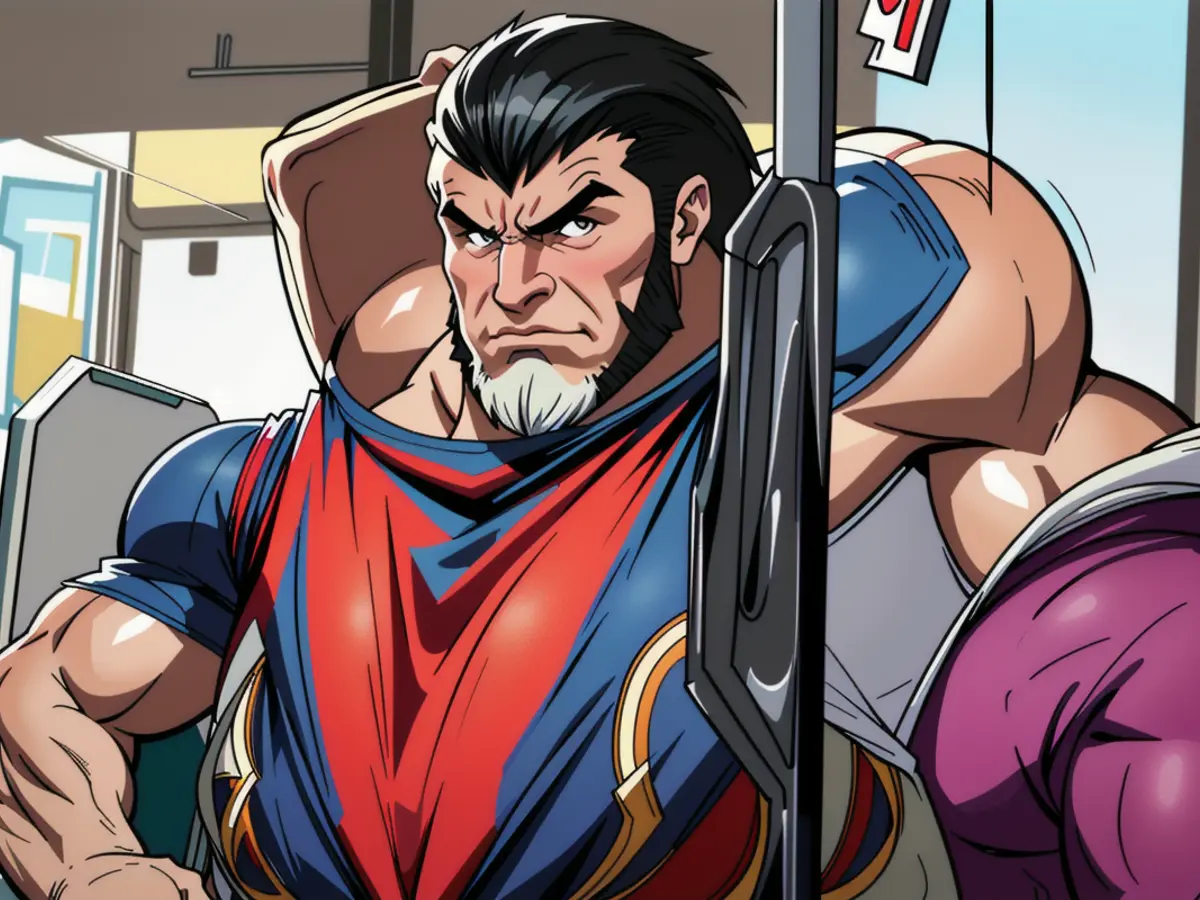
CNN interviewed Sama in September 2024, when she pleaded with her mother, Om-Mohammed, "I'm tired – I want to die. Why won't my hair grow?" Tens of thousands of displaced Palestinians, including Sama's family, remained unable to return home due to high transportation costs.
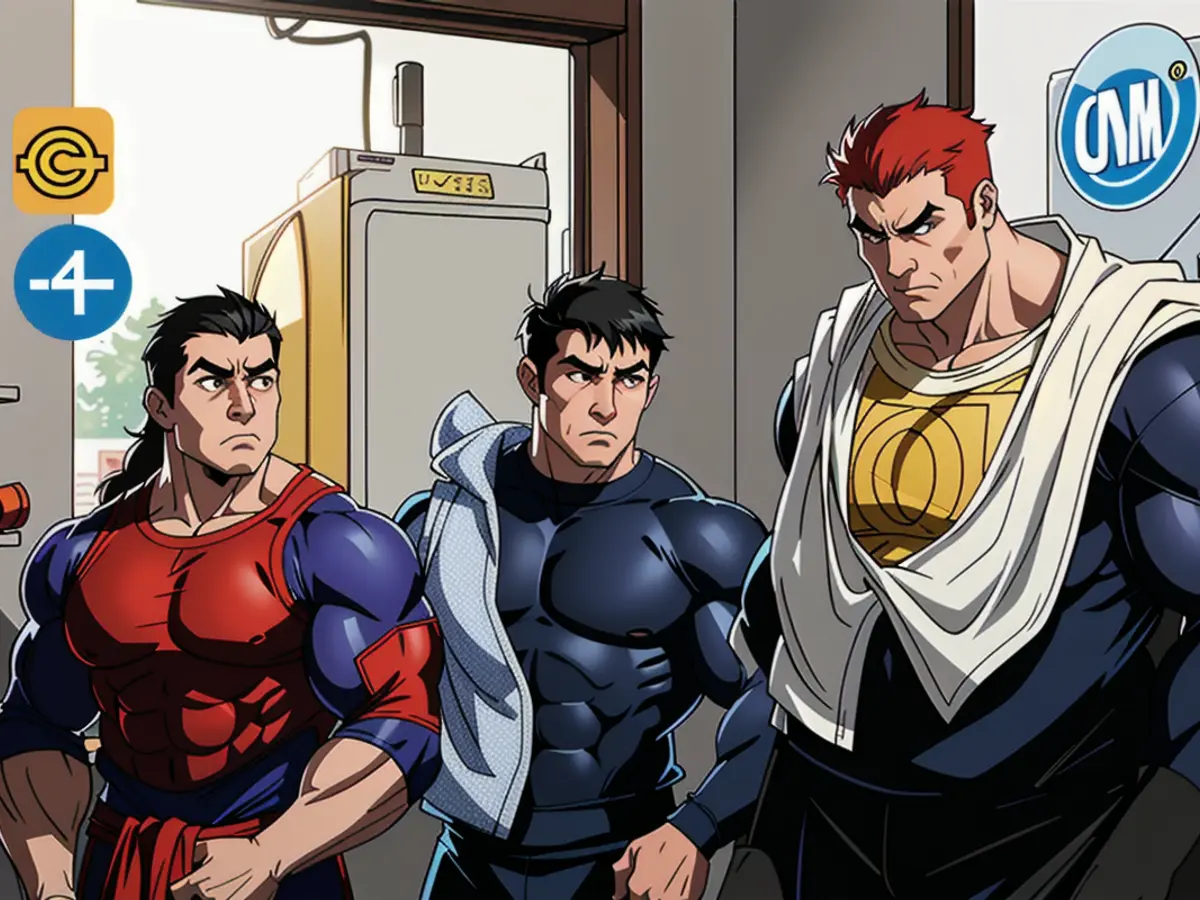
Providing mental health services in Gaza has always been challenging, but the ongoing conflict amplifies these challenges. Dr. Yasser Abu Jamei, director of the Gaza Community Mental Health Programme (GCMHP), explained that his staff had suffered trauma during the 15-month assault, making it difficult for them to treat others.
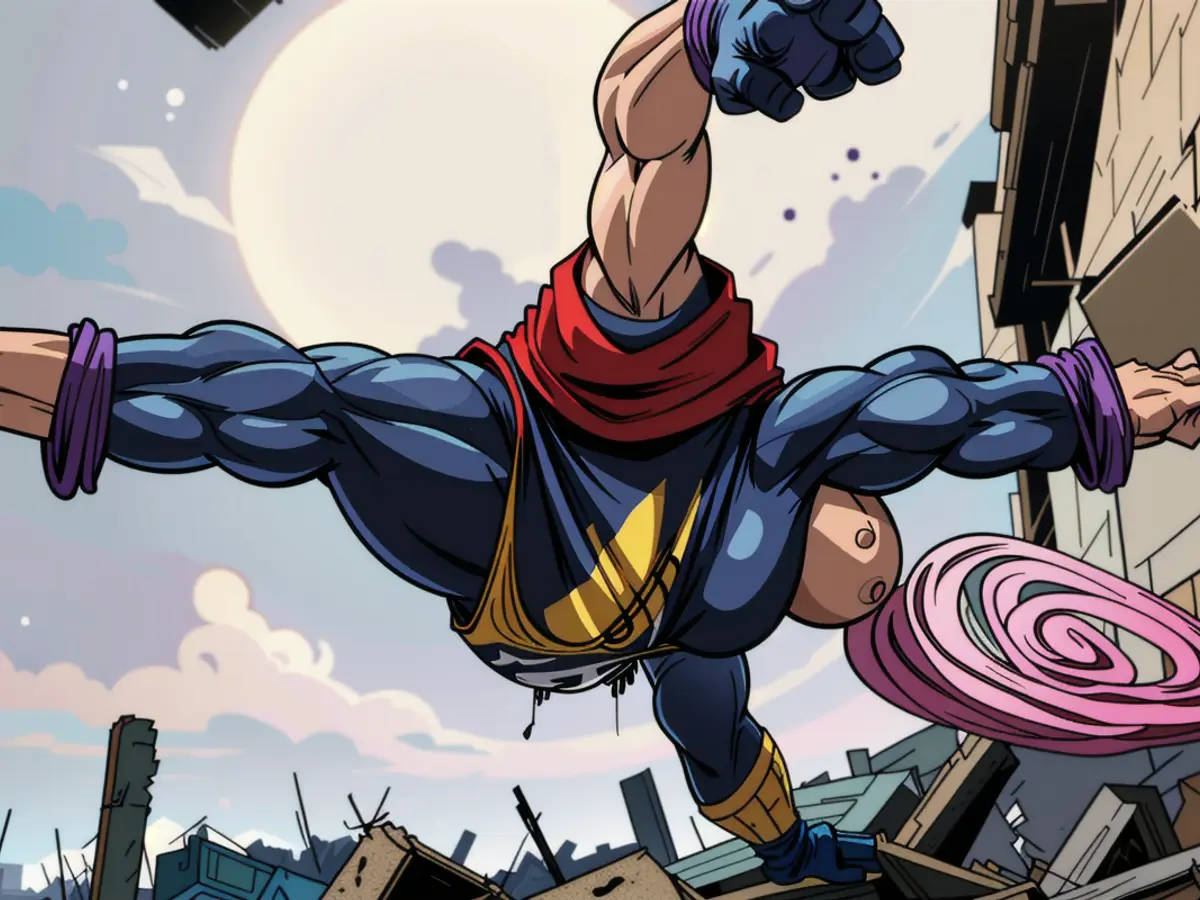
One technique the GCMHP employs is drawing therapy, allowing children to express their feelings through non-verbal communication. A child, when given the space to draw, spoke of her friends in heaven, one of whom was missing his head.
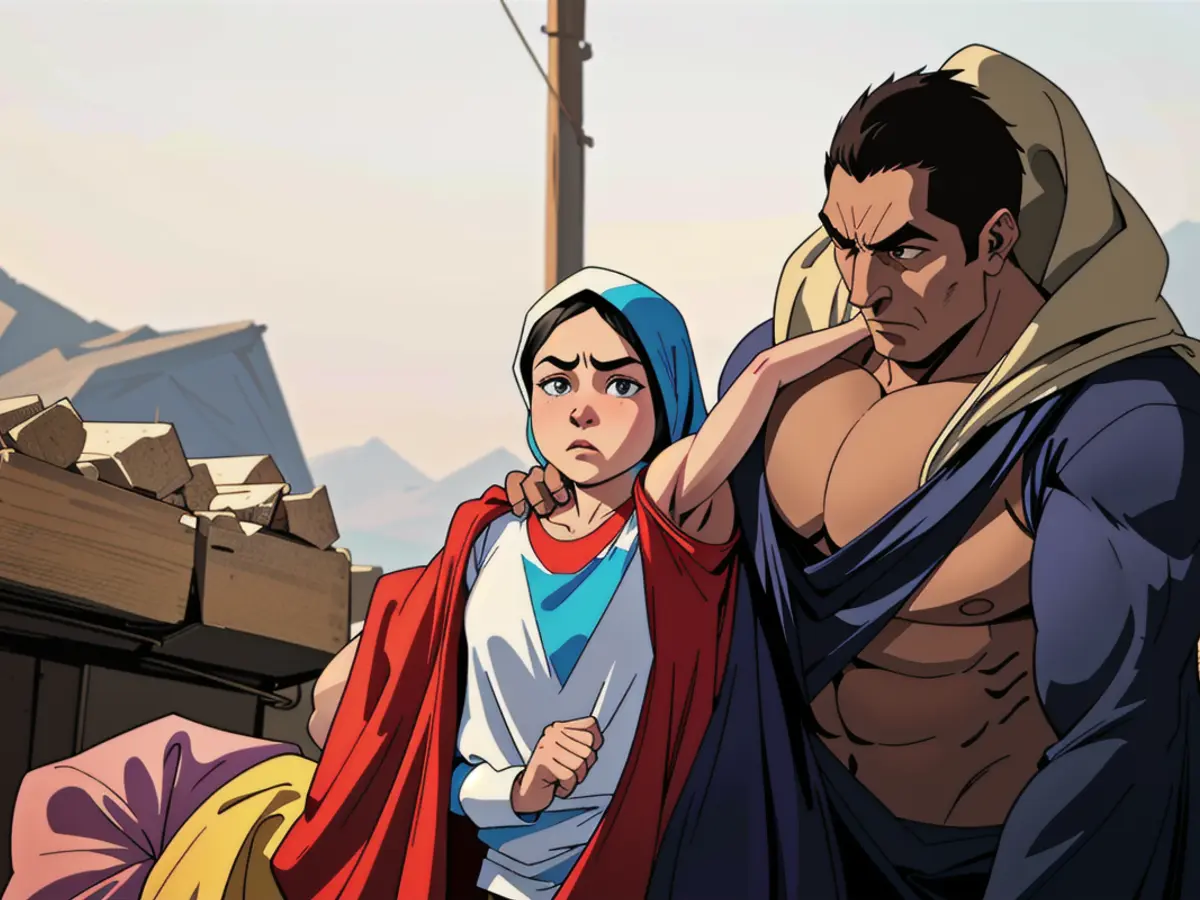
Despite the fragile ceasefire, the psychological impacts of the conflict linger. Seven-year-old Anas Abu Eish and his eight-year-old sister Doa, who lost their parents in an Israeli strike, live with their grandmother in a displacement camp. Anas experiences moments of aggression whenever he sees children being embraced by their mothers.
In the same camp, six-year-old Manal Jouda calmly recalls the night her home was destroyed, killing her parents and trapping her under the rubble. Despite a ceasefire, children like Sama, Anas, Doa, and Manal continue to struggle with the mental scars left by the conflict.
[1] https://www.who.int/news/item/27-08-2014-gaaza-health-cluster-needs-assessment-report[2] https://www.ncbi.nlm.nih.gov/pmc/articles/PMC5563943/[3] https://www.unicef.org/mena/media/43564[4] https://www.unicef.org/mena/media/48395[5] https://www.amnesty.org/en/latest/news/2014/07/gaza-donor-conference-failed-meet-urgent-needs-of-palestinians-hijazi-said/
- Sama, like many other Palestinian children in Gaza, continues to grapple with the psychological impacts of the 2023 Israeli military conflict, as estimated by UNICEF, with nearly all of Gaza's 1.2 million children in need of psychological support.
- The ongoing crisis in Gaza has not only displaced Sama and her family but has also resulted in the psychological traumatization of an entire generation, as highlighted in the War Child Alliance and Gaza-based Community Training Centre for Crisis Management's report from last year, revealing that 96% of children in vulnerable circumstances felt that death was imminent.
- The tragic stories of Sama, Anas, Doa, and Manal, who have lost their homes and loved ones, serve as a stark reminder of the long-lasting consequences of the turbulence in the world's largest collection of displaced people per square kilometer – the Gaza Strip – and the urgent need for global mental health support for the region's children.



